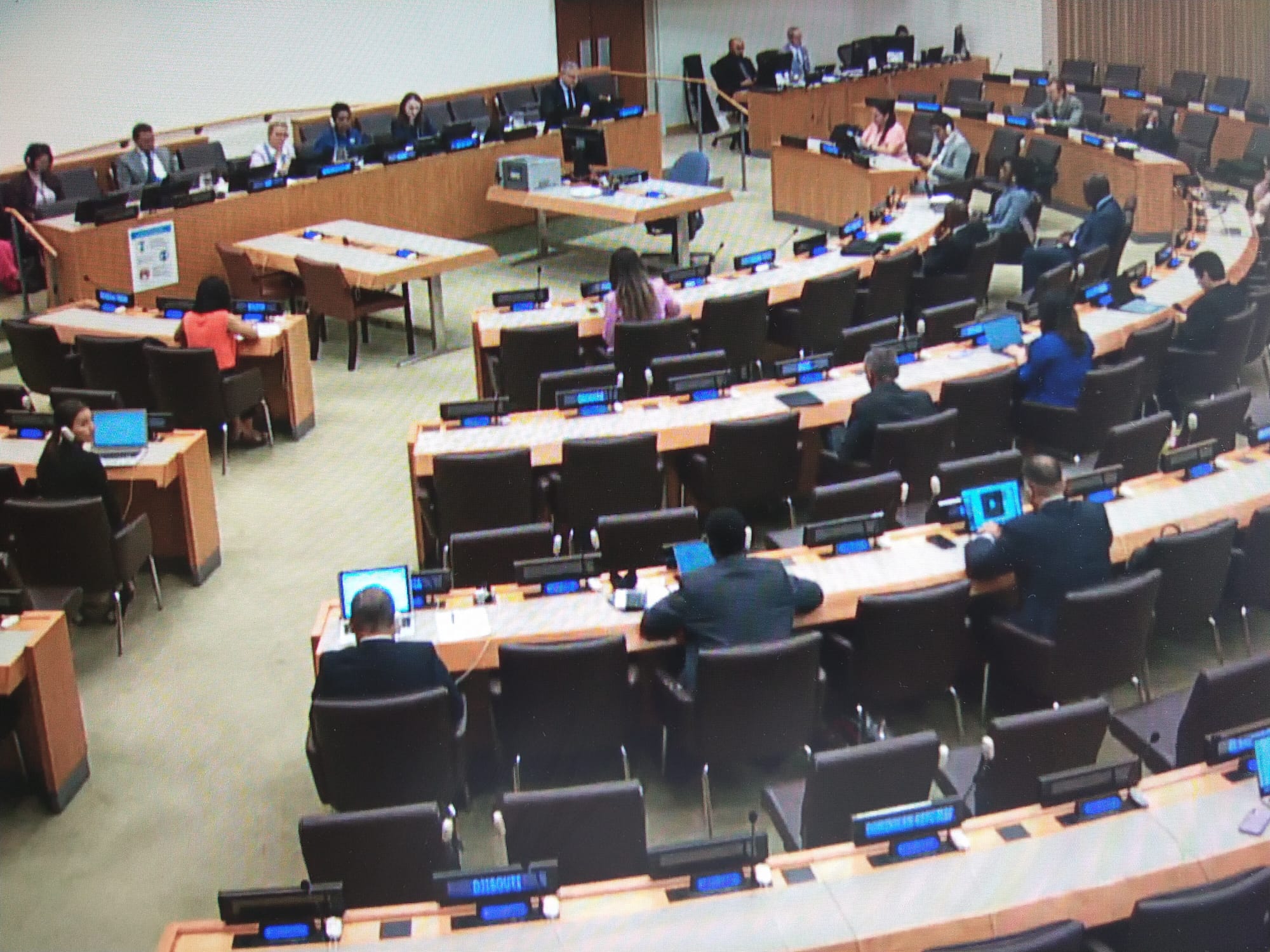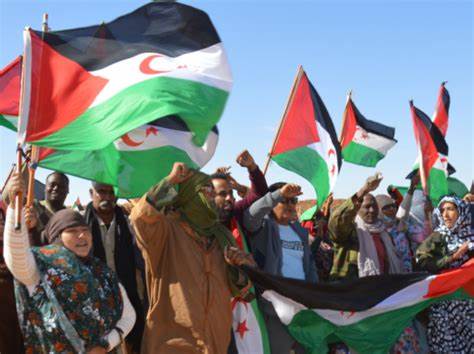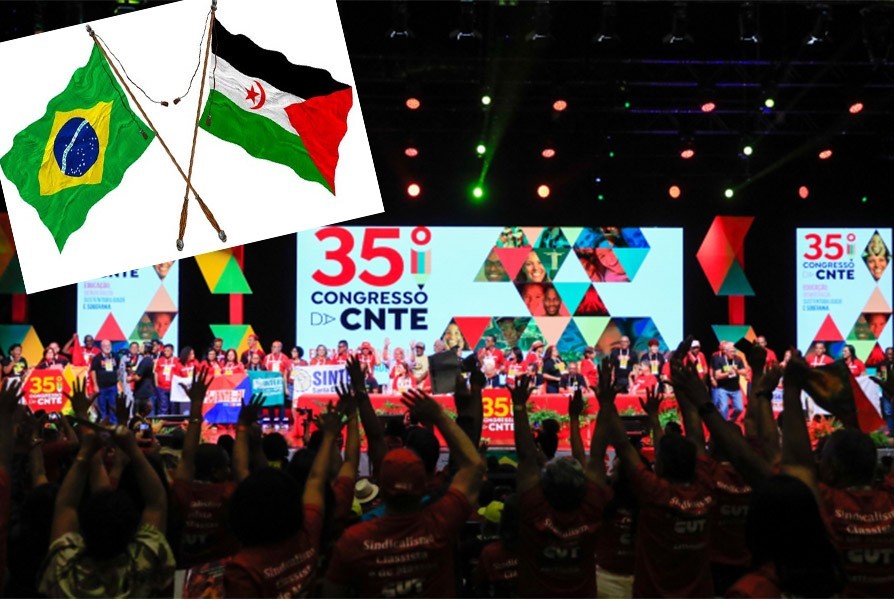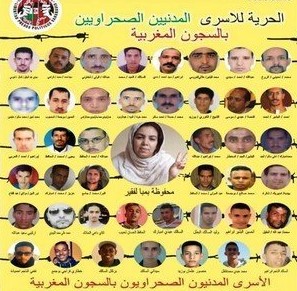
New York (UN), June 14, 2024 (SPS) - Latin American countries reiterated their unwavering support for the Sahrawi people's right to self-determination and independence during statements delivered at the thematic session of the Special Committee on the Implementation of the Declaration on the Granting of Independence to Colonial Peoples (the Committee of 24), which began its work on Monday at UN Headquarters in New York.
Bolivia's representative recalled the content of the International Court of Justice's ruling, which affirmed that there is no sovereign relationship between Western Sahara and Morocco, and reiterated his country's support for the Sahrawi people's right to self-determination and independence.
Cuba's representative called for a just, lasting and mutually acceptable political solution that guarantees the self-determination of the Sahrawi people in accordance with the UN General Assembly resolution on granting independence to colonial countries and peoples.
Mexico's representative reaffirmed her country's commitment to supporting efforts to reach a just and lasting solution to the conflict in accordance with the relevant resolutions of the General Assembly and the Security Council, stressing the importance of respecting the will of the Sahrawi people and their right to self-determination as a condition for achieving lasting peace.
Nicaragua's representative stated that the Sahrawi people have been deprived of their inalienable right to self-determination and have suffered for nearly half a century from exile, occupation and deprivation of their rights, noting that the brave Sahrawi people have tirelessly fought for justice and the right to live and prosper in their land, to be free and sovereign, and to defend their dignity and ideals.
Venezuela's representative expressed regret that the heroic Sahrawi people are still deprived to this day of making a decision on their legitimate national aspirations and of exercising their right to self-determination freely due to the lack of full compliance with the mandate entrusted for more than thirty years to the United Nations Mission for the Referendum in Western Sahara (MINURSO).
Belize's representative stated that the Sahrawi people's right to self-determination is an established and unequivocal right, as affirmed by the International Court of Justice, but after five decades the Sahrawi people have still not exercised their right, which is a cause of concern for her country if the situation continues.
Ecuador's representative reiterated the importance of reaching a lasting, practical and consensus-based political solution that guarantees the Sahrawi people's right to self-determination within the framework of the purposes and principles of the Charter of the United Nations and the relevant Security Council resolutions. He also stated that his country, which is currently a non-permanent member of the Security Council, supports the mandate of the United Nations Mission for the Referendum in Western Sahara (MINURSO), which was renewed last October.
Colombia's representative pointed out that it is essential that the parties find a just, lasting and mutually acceptable political solution to the conflict that guarantees the Sahrawi people's right to self-determination, noting that the right to self-determination is an inalienable right protected by the international legal system and its protection generates obligations for all States, as recognized by the International Court of Justice and as set out in numerous relevant Security Council resolutions.



